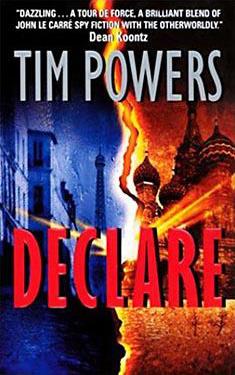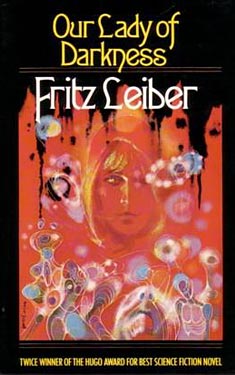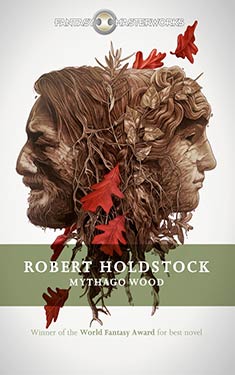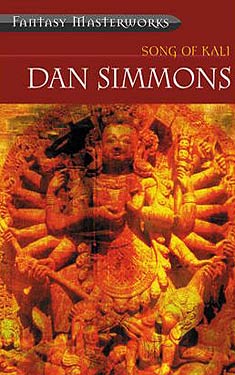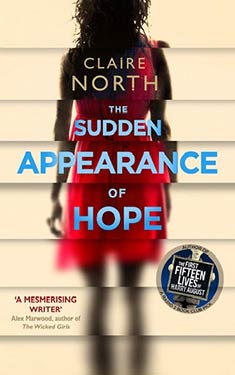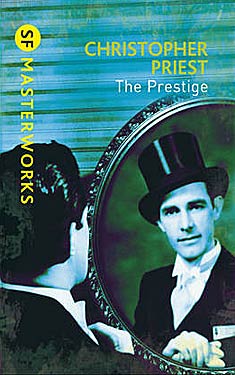Tim Powers
Completed 3/30/2023, Reviewed 3/30/2023
3 stars
Another book by Tim Powers under my belt and I have to say I’m not a fan. I thought this book was overblown. At nearly 600 pages, I found myself mentally editing out bloated character backgrounds and repetition. Although, some of the repetition was useful when my mind wandered and needed to refresh what exactly was going on. This book is a combination spy and fantasy novel, but you don’t get an inkling of the fantasy until about halfway through, especially with double agents. My forte is not remembering who is spying for which country at what point in time, and keeping all the spies straight in my head. The fantasy part was about the djinn, which normally would have kept me going, but I even had trouble with that. This book won the 2001 World Fantasy Award and was nominated for a slew of others.
Andrew Hale had a strange childhood. Born in Palestine to his British and Catholic mother the nun, he’s raised in England. He’s brought into the world of espionage by a secret government agency that funded his single parent family as well as his education after the death of his mother. Soon he’s a spy in Nazi-occupied Paris during World War II, trying to infiltrate the Soviet movements there. While in Paris he falls in love for another spy, Elena, a Spanish orphan of the revolution there, now a red spy. Also in the mix is a British double agent named Kim Philby who has a strange psychic connection to Hale and also loves Elena. Fast forward to the cold war of 1963 and Hale is assigned to discover the mysteries of the djinn residing in Noah’s Ark on Mount Ararat and take vengeance for a previously aborted attempt from 1948, codenamed Declare.
The whole book wasn’t a slog. In fact there were times I thought the plot was pretty inspired. I actually liked the part that took place during WWII which occurred before the supernatural stuff comes in play. I also liked the background stories of Hale and Elena. However, by the time we get to the background stories of Philby, I was worn out by my confusion of who was spying for whom at what point and why. I also thought the description of the encounters with the djinn were not always very well written. I often found it difficult to follow the action. I’ve read a lot of djinn tales over the past few years now and found this book to be the weakest depiction of them so far.
I guess I kind of liked the protagonist and his love interest, especially in their time in Paris, as noted earlier. However, I never empathized with either of them. My relationship with them was rather cold. We know a ton about them, but we don’t really get much in the way of emotions from them. And Philby, I didn’t get at all.
I give this book three stars out of five. I would have given it two, but the writing and character development were better than that. I’m done with Powers though. Unless he wins another Mythopoeic or WFA, I don’t plan on reading him anymore. However, looking at his ratings and reviews for this book on the internet, he’s quite popular, and this book is considered one of his best. So take what you will from that. You might find this book a better read than me.
